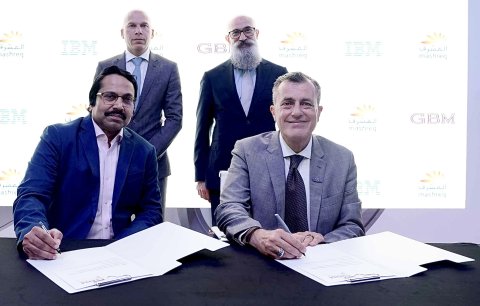 Anti-virus pioneer and one-time fugitive from the Belize police John McAfee has floated plans to beat NSA surveillance by launching a new type of personal peer-to-peer networking device called D-Central.
Anti-virus pioneer and one-time fugitive from the Belize police John McAfee has floated plans to beat NSA surveillance by launching a new type of personal peer-to-peer networking device called D-Central.
Using last week’s C2SV arts and tech conference as his platform, the 68 year-old entrepreneur was by turns direct and vague about the proposed device, which he plans to sell through a new startup, Future Tense.
Judging from his comments on YouTube, D-Central (as in ‘decentralised’) will be a pocket-sized personal router that owners will use to create small encrypted wireless networks stretching a few blocks in range.
Not automatically connected to the Internet (hence the anti-surveillance tag), D-Central will be a building block for island networks that can connect to one another without the need to risk eavesdropping via Internet service providers. Users on each router will be able to communicate with one another in either public or private, anonymous modes.
“I’ve been thinking about this product for years,” announced McAfee during a question and answer session. “The NSA helped create every single encryption algorithm we use and therefore can get access to whatever they want We live in a very insecure world with a very insecure communications platform,” explained McAfee.
“[With D-Central] everyone’s network is unique to themselves. It doesn’t ask who you are, it doesn’t even know who you are. There is no unique identifier for your device that is constant, every few minutes it changes.”
To allow for Internet communications, the system will appoint nodes to connect to it, creating an encrypted tunnel between nodes in other cities, McAfee explained. Users connecting to the device would need an app on their smartphone or computer.
Currently, the device had been designed and Future Tense was looking for partners to build the hardware, he added.
“I can’t imagine any college student in the world not standing in line to buy one of these.”
A lot of people – one might venture to say the majority of tech-watchers – opine that McAfee has ‘lost it’. It’s just that precisely what he’s lost or where it’s gone is not always clear.
But D-Central is undoubtedly the sort of device that might have found its moment in the post-Snowden era where surveillance, long suspected, can now be assumed. There are some technical wrinkles that lie unexplained.
If users connect using a client, how secure can that be on an accessible platform, be that mobile (Android or iPhone) or a PC? What is the system for anonymising and connecting clients within the device’s range given that the router and client will need to set up and maintain a connection? Could the D-Central itself be hacked?
Might it be used for nefarious purposes, McAfee was asked. “Of course it can be used for nefarious purposes just like the telephone can be used for nefarious purposes,” he shot back.
McAfee could be the high-profile figure to get an interesting idea off the ground but he still has a lot of distractions vying for his attention. The entrepreneur escaped a Belize police raid last November after one of his neighbours was murdered, since his life and the sometimes bizarre events spinning around it have seemed as clear as mud.





